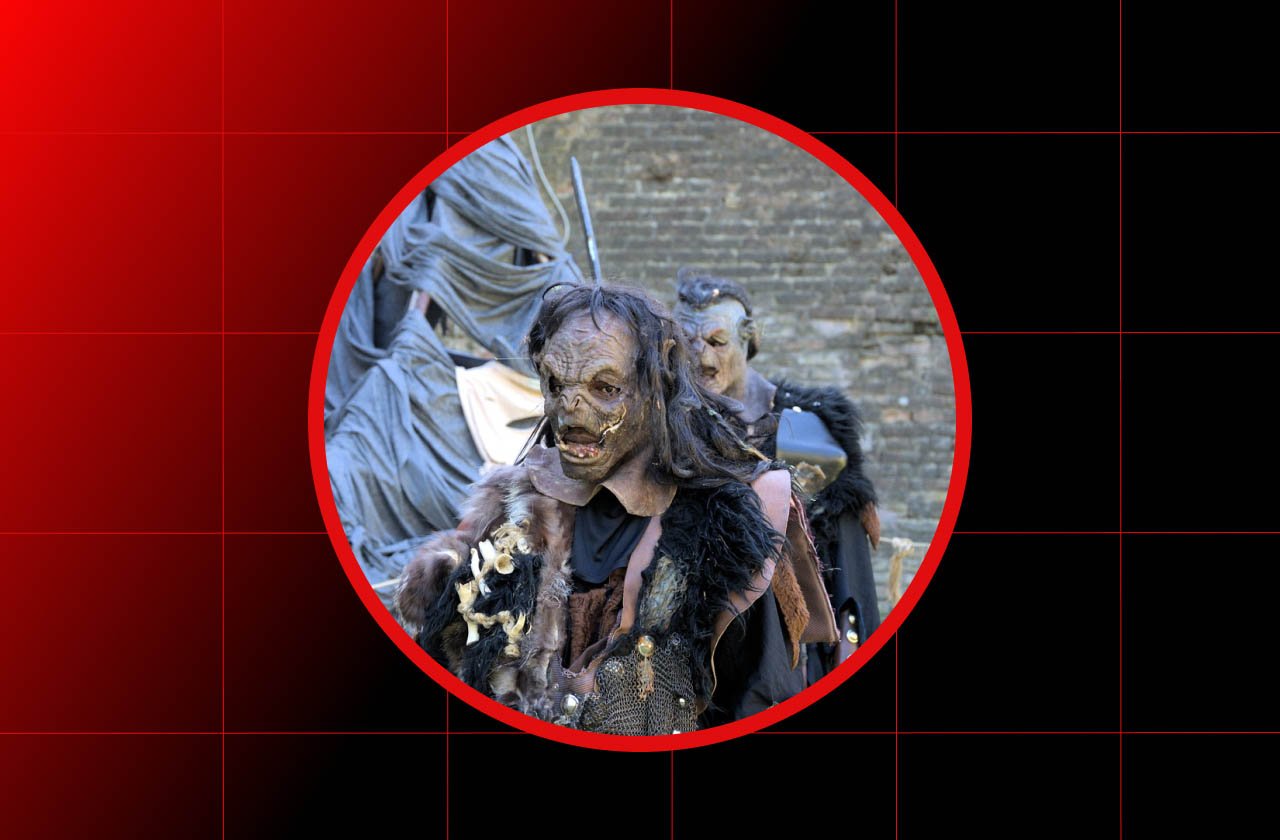Since the beginning of the
war, Ukrainians have referred to the Russian army as orcs. The comparison seems
new to many, but it actually dates back to the Soviet era.
It is no secret that Russia
wants to oppose the West. To them, the West is an evil entity that spreads
propaganda and manipulates the world, while Russia and its allies are a force
of good seeking to defend itself. Another “secret” is Russia’s talent for
conspiracy theories and Russia-centrism. That is, they believe that actions are
being directed against Russia. There is some truth in this as evidenced by foreign
companies’ reactions to the current war, but this mentality was not
prompted by today’s state of affairs.
Eliot Borenstein addressed
this topic in his book Plots against Russia. He discusses the “paranoid
interpretations” of Russians, which he explains as their feelings of
inferiority. For Russians, Russia is a big country, but it mostly exists in a
vacuum. When it comes to the international media, Russians feel like a minority
pitted against many others.
Obviously, this extends to
literature as well. Interpretations have been made that Tolkien’s books are in
fact an example of how the West tries to demonize Russia (formerly, the Soviet
Union).
In this sense, Mordor is the
USSR, elves are the Western countries, and orcs are than the Russians. It is of
no consequence at all whether Tolkien would agree with such an interpretation.
There is an entire genre dedicated
to the interpretation of Tolkien’s books, and Russian writers make significant
contributions to its development. One of the most popular books on the subject
is a Russian writer and publicist Kirill Yeskov’s The Last Ringsman. In
this, he claims that The Lord of the Rings is Western propaganda
written to justify the orc genocide, and Mordor is, in fact, a tolerant state
with advanced science forced to defend itself from barbaric neighbors. The
West, i.e. elves, treats Russians, i.e. orcs, as an inferior race, illustrating
their contempt for them.
However, not all
interpretations are clear-cut. Not everyone shares Eliot Borenstein’s view of
the inferiority of Russians. Some believe that the Russians recognize
themselves as orcs because they are strong and militant and not because they
are despised. In their opinion, orcs stand out against the background of the
declining West.
However, in today’s reality,
Russians are not calling themselves orcs, regardless of past interpretations.
The Ukrainians are now referring to the Russians as orcs.
It is unlikely that Ukrainians
are interpreting the current confrontation between Russia and the West as a
clash between good and evil. Nor are they praising the courage and militancy of
the Russians. Ukrainians call Russian orcs because they are making an
association with, the disorganization, minimal intelligence, and overwhelming
bitterness of orcs. Furthermore, they also arrive in great numbers.
Not to mention, orcs do not
exist exclusively in Tolkien’s world. They exist elsewhere as mythical
creatures portrayed as bloodthirsty warriors who thrive on war.
The word “orcs” is now on a
par with the Ukrainian word katsaps, a negative term meaning goat but
referencing Russians, or Muscovites. – These standards, non-politically correct
words are used by Ukrainians at various levels for any Russians, from civilians
and journalists to the military-political leadership. But there are other variants
of terms for Russians throughout the world. For example, if the Russians
started a war with the Koreans, they would most likely be called mauche (bearded).
In Estonia, they would be referred to as tibla or tiblena (words
with offensive origins).


